-
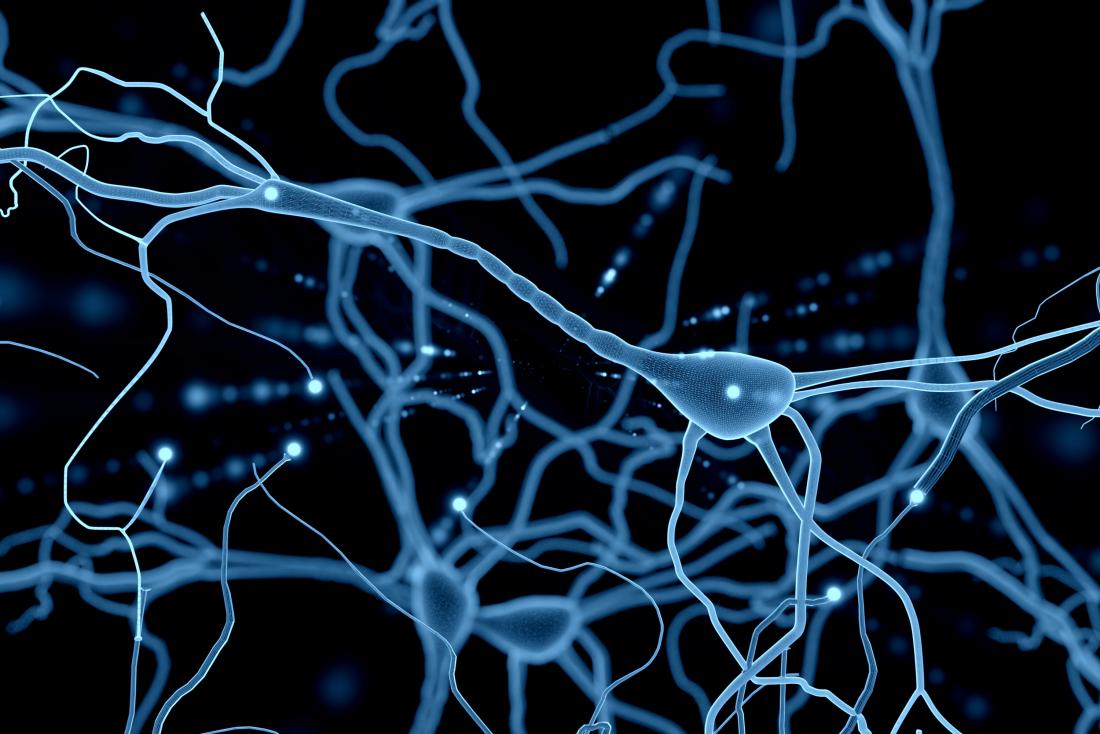 Nervous System: Organization and Neurons
Nervous System: Organization and Neurons
Based on the Crash course video on Nervous System.
Please watch the videos below before attempting the quiz.
https://youtube.com/playlist?list=PL9cTnk6cEHSWQqlQwyk1bAcP3MsqiA2QV
Start quiz -
 The science of sex, love, attraction, and obsession
The science of sex, love, attraction, and obsession
The video discusses the science behind sex, love, attraction, and obsession. It explains how romantic love is different from other forms of love and how it affects the brain by releasing different neurotransmitters.
https://youtu.be/1XmoMrbcV0E
Start quiz -
 TITLE - Simple Math Quiz
TITLE - Simple Math Quiz
TEXT - this is a simple math quiz that even 10 y.o can pass
Start quiz -
Quiz about UFO cover up
https://vm.tiktok.com/ZMYBcrqbs/
Start quiz -
 The Fermi Paradox With Neil deGrasse Tyson - Where Are All The Aliens?
The Fermi Paradox With Neil deGrasse Tyson - Where Are All The Aliens?
The Fermi Paradox is the apparent contradiction between the high probability of extraterrestrial civilizations existing and the lack of evidence supporting their existence. In the video, Neil deGrasse Tyson discusses the search for extraterrestrial life, the advancements in technology that have aided in this search, and the possibility of life on other planets. He notes that the prevalence of life in the universe may be a quantifiable entity, with the stock in the prevalence of life having gone up due to the discovery of exoplanets and biosignatures. Tyson also discusses how the timeline for the formation of life on Earth has shrunk, making it more likely that life could form given the right conditions. However, he notes that there is currently only one data point for the existence of life in the universe, and that evidence for the existence of intelligent alien life would be one of the biggest scientific discoveries of all time.
https://youtu.be/y3SrZBhXGnc
Start quiz -
 How Australia and Chile Are Secretly Trying To Control The World And Take Down China
How Australia and Chile Are Secretly Trying To Control The World And Take Down China
The video discusses the discovery and history of lithium, which has become an essential material for modern technology due to its use in rechargeable batteries. The demand for lithium has grown exponentially due to the popularity of smartphones, laptops, electric cars, and renewable energy. This increase in demand has caused a shortage of lithium, leading to increased prices and difficulties for smaller companies to obtain it. The video also mentions that countries such as Australia and Chile are trying to become the largest producer of lithium in the world.
Start quiz -
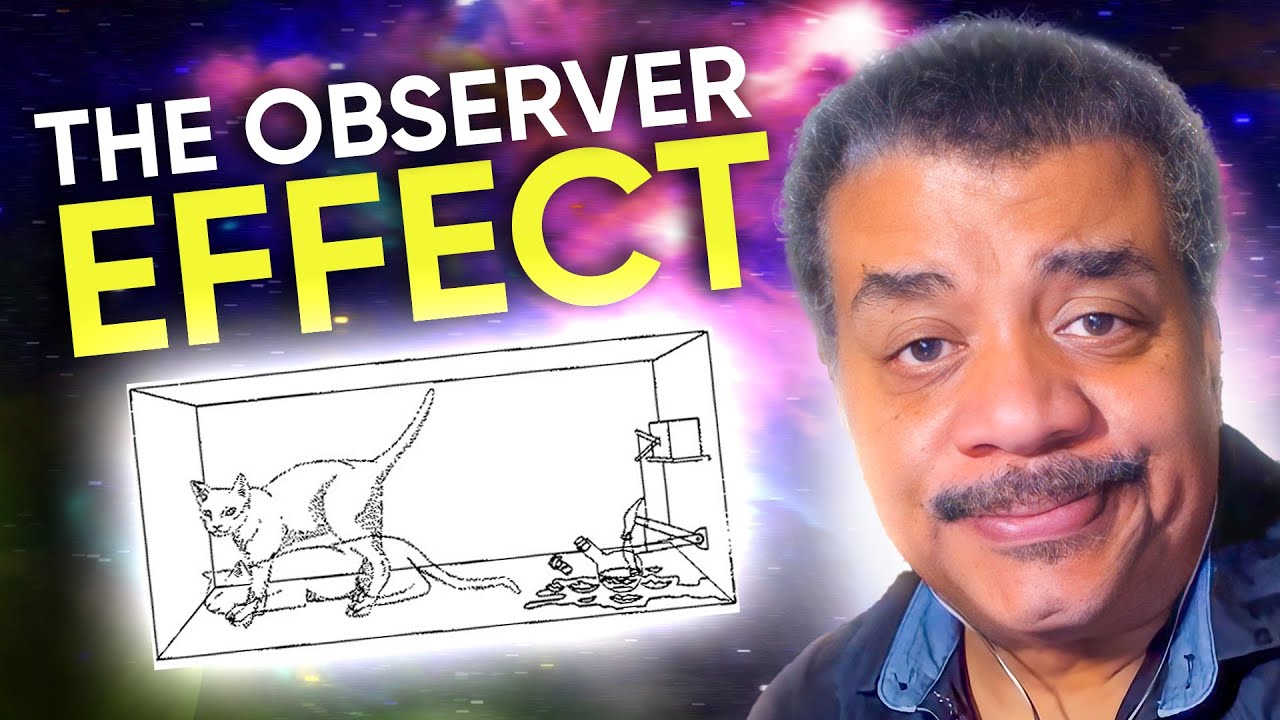 What is Schrödinger's Cat? | Neil deGrasse Tyson Explains...
What is Schrödinger's Cat? | Neil deGrasse Tyson Explains...
Astrophysicist & Hayden Planetarium director Neil deGrasse Tyson & comic co-host Chuck Nice explore Schrodinger's cat and discusses about famous physicist Erwin Schrödinger and his work with quantum mechanics. Also they dwelve into various topics such as Observer Effect, Quantum computing and Superpositioning.
https://www.youtube.com/watch?v=keiFzYJbfdw
Start quiz -
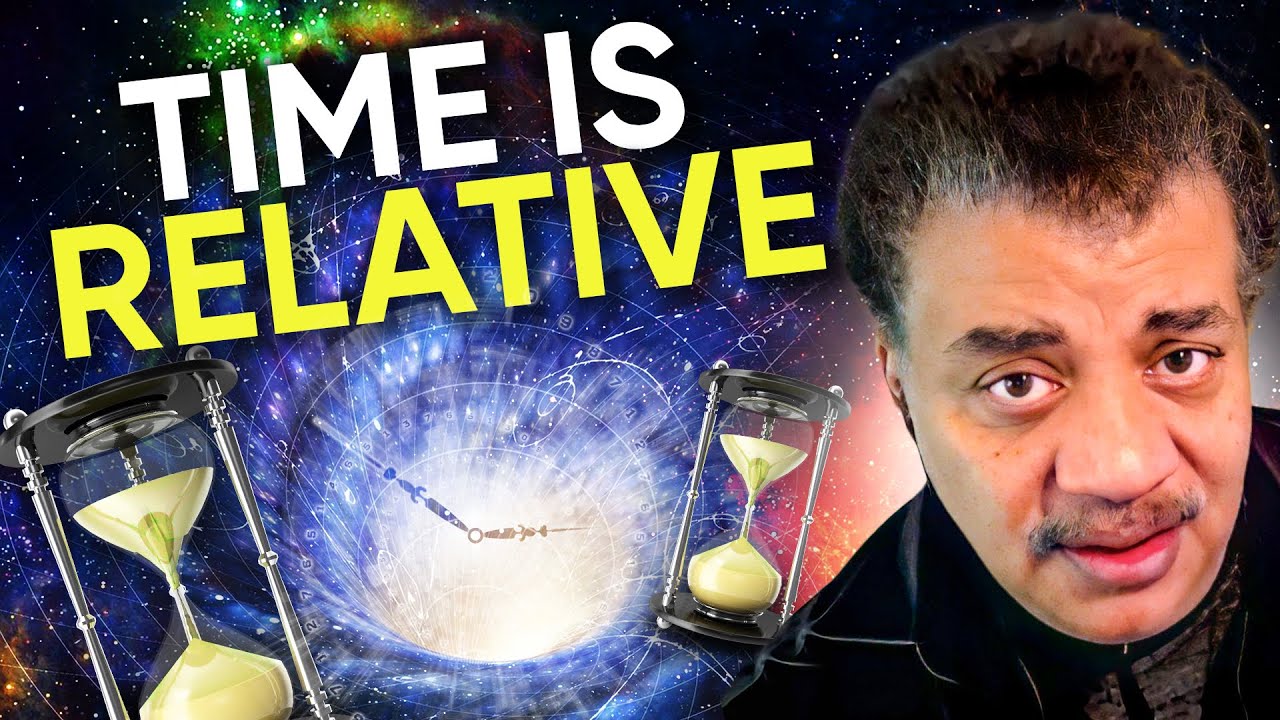 Neil deGrasse Tyson Explains Time Dilation
Neil deGrasse Tyson Explains Time Dilation
Is time relative? On this explainer, Neil deGrasse Tyson and comic co-host Chuck Nice explore facts about Einstein’s theory of relativity that keep them up at night.
https://www.youtube.com/watch?v=1BCkSYQ0NRQ
Start quiz -
 Incredible Invention- This Drone Could Change Everything
Incredible Invention- This Drone Could Change Everything
The video showcases a new drone delivery system from a company called Zipline that is efficient, electric, autonomous, and very quiet. The drones can make dartboard-sized precision landings and can move laterally in any direction, making them perfect for delivering small packages such as medical supplies to remote villages.
https://youtu.be/DOWDNBu9DkU
Start quiz -
 Liberal vs Conservative: A Neuroscientific Analysis
Liberal vs Conservative: A Neuroscientific Analysis
What the difference in brain structure between liberals and conservatives? And where do our political convictions come from: rational deliberation, or biological determinism?
https://youtu.be/kI-un8rHP14
Start quiz -
 AI is Evolving Faster Than You Think [GPT-4 and beyond]
AI is Evolving Faster Than You Think [GPT-4 and beyond]
The video discusses the exponential growth of AI systems, specifically the GPT language models created by OpenAI. It discusses the latest version, GPT-4, which has expanded capabilities to not only understand text but also images. It has improved deep learning capabilities, improved reasoning abilities, and increased factualness. GPT-4 has shown sparks of artificial general intelligence, a feat that was not expected for another 20 years.
https://youtu.be/DIU48QL5Cyk
Start quiz -
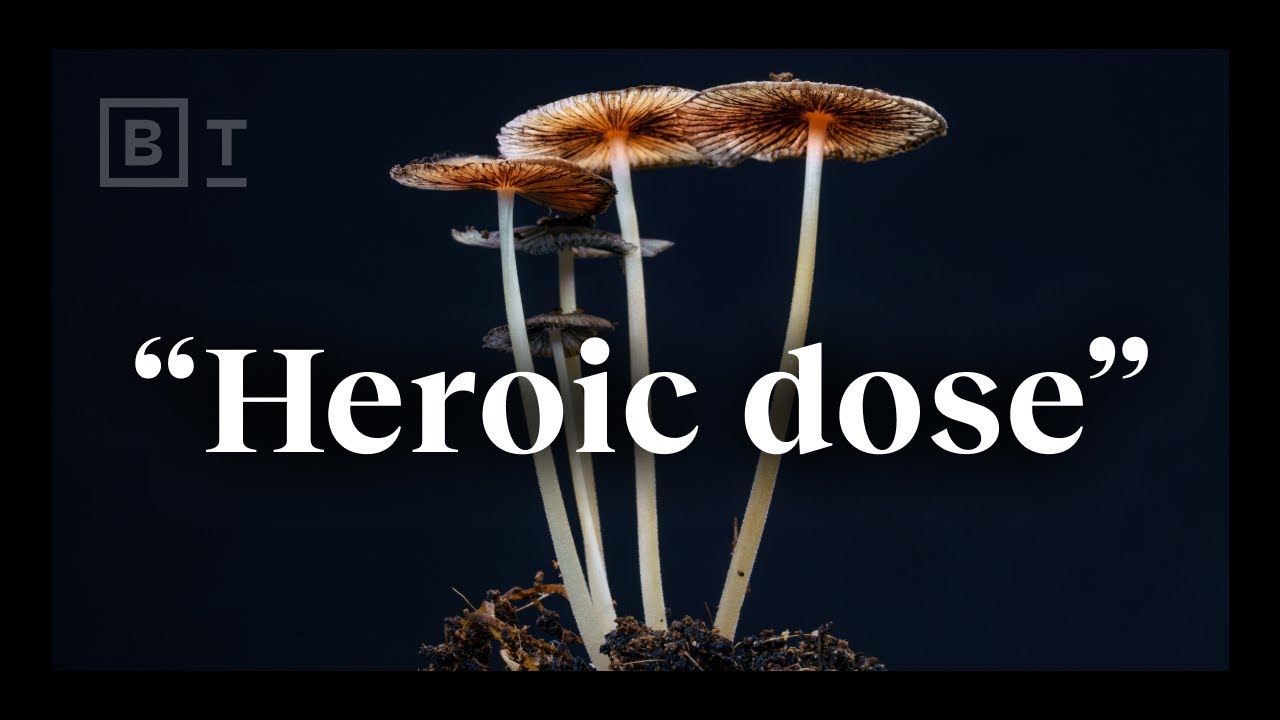 The “heroic dose” of psychedelics, according to Johns Hopkins
The “heroic dose” of psychedelics, according to Johns Hopkins
The video features Dr. Matthew Johnson, a Professor of Psychiatry at Johns Hopkins, discussing his research on psychedelic drugs. He talks about the historical context of psychedelic research, the interdisciplinary nature of psychedelics, and the potential medical applications of psychedelics. He also discusses the importance of creating a supportive context for people who use psychedelics and the use of high doses (referred to as "heroic doses") in therapeutic settings.
https://youtu.be/HGqFxjQI3is
Start quiz -
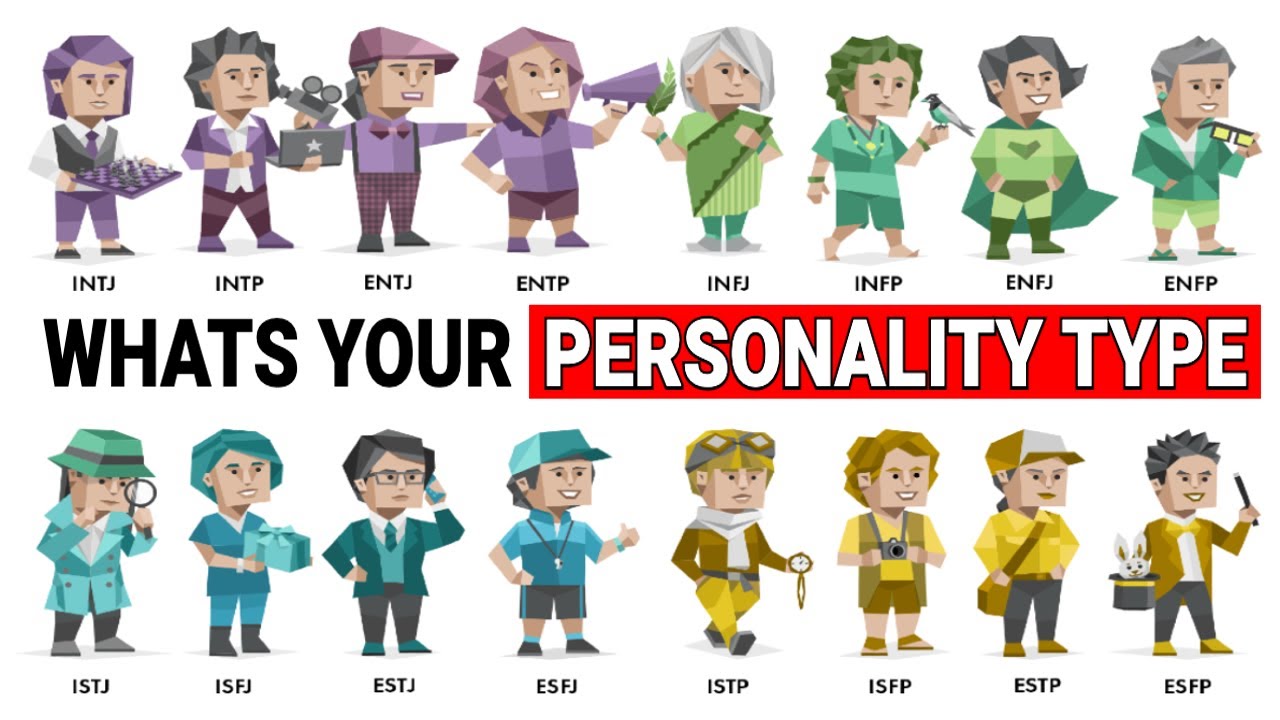 Myers Briggs Personality Types Explained
Myers Briggs Personality Types Explained
The video explains the Myers-Briggs Personality Test that categorizes people into 16 types based on four dimensions: introversion versus extroversion, intuition versus sensing, thinking versus feeling, and judging versus perceiving. The video goes into detail about each dimension and then gives a brief overview of eight personality types: ENTJ, ISTJ, ENTP, ISTP, ESTP, ISFJ, INTJ, and INFP.
https://youtu.be/3e4tlYOvI0I
Start quiz -
ChatGPT - Simple Math quiz
Simple Math quiz created by ChatGPT
Start quiz -
 How Emotions Work
How Emotions Work
In the video "How Emotions Work," Neuroscientist Lisa Feldman Barrett dispels common myths surrounding emotions. She challenges the notion that emotions are hardwired at birth and explains that emotions are not reactions but rather predictions created by our brains based on sensory input. Barrett emphasizes the significance of feelings, which are properties of emotional episodes, and explores how understanding these processes can aid in managing emotions and addressing conditions like depression. She encourages individuals to actively shape their experiences to alter their brain's predictions, empowering them to have more control over their emotional well-being.
Start quiz
